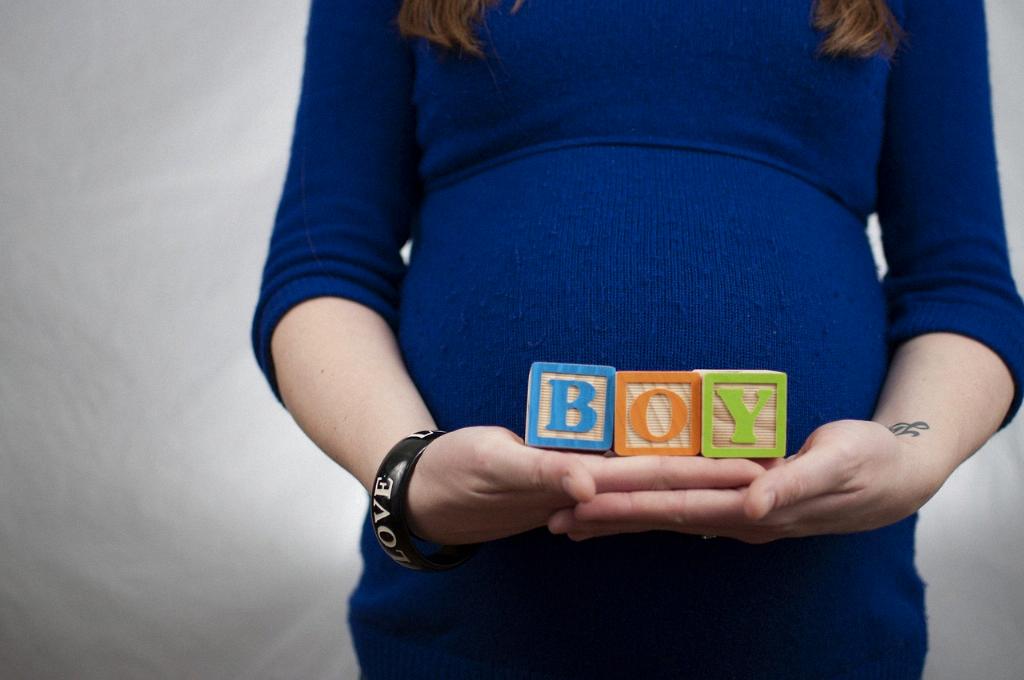When it comes to maintaining a healthy diet during pregnancy, the importance of including nutrient-rich foods cannot be overstated. Broccoli, a cruciferous vegetable known for its vibrant green color and unique flavor, is a powerhouse of essential vitamins and minerals that can benefit both the expectant mother and her developing baby.
The Nutritional Benefits of Broccoli
Broccoli is packed with key nutrients vital for a healthy pregnancy. It is an excellent source of vitamin A, essential for fetal growth and development, as well as vision and immune system function. Additionally, broccoli is rich in vitamin C, which aids in iron absorption and supports tissue repair.
Folate-Rich for Fetal Development
One of the standout nutrients in broccoli is folate, a crucial B vitamin that plays a significant role in preventing neural tube defects in the developing fetus. Adequate folate intake is essential during the early stages of pregnancy to ensure proper spinal cord and brain formation.
Calcium and Iron Content
For pregnant women, meeting the increased calcium needs is essential for bone health and muscle function. Broccoli provides a respectable amount of calcium, along with iron, which is necessary for red blood cell production and preventing anemia. Incorporating broccoli into meals can help bolster these essential mineral levels.
Fiber and Antioxidants Support
Fiber, found abundantly in broccoli, aids in digestion and can help alleviate common pregnancy discomforts such as constipation. Moreover, broccoli contains antioxidants that protect cells from damage, promoting overall health and potentially reducing the risk of certain pregnancy-related conditions.
Safe Preparation and Consumption
While the benefits of consuming broccoli during pregnancy are clear, it is essential to ensure safe food handling and preparation. Thoroughly washing broccoli under running water, especially the florets where dirt may accumulate, is crucial. Proper cooking techniques like steaming or roasting can help retain the vegetable’s nutrients.
Considerations for Gas and Digestive Sensitivities
Some pregnant women may experience increased gas or digestive sensitivity when consuming cruciferous vegetables like broccoli. To mitigate these effects, introducing broccoli gradually into the diet and pairing it with other fiber-rich foods can help promote better digestion.
Broccoli as a Versatile Ingredient
From salads and stir-fries to soups and smoothies, broccoli can be incorporated into a wide array of dishes to add flavor, texture, and nutritional value. Experimenting with different cooking methods and flavor combinations can make consuming broccoli during pregnancy a more enjoyable experience.
Consultation with Healthcare Provider
As with any dietary changes during pregnancy, it is advisable for expectant mothers to consult their healthcare provider or a registered dietitian to ensure that their nutritional needs are being met. Individual dietary requirements and potential food sensitivities should always be taken into account.
Broccoli: A Pregnancy-Friendly Superfood
In conclusion, broccoli stands out as a pregnancy-friendly superfood, offering a plethora of essential nutrients that support maternal health and fetal development. By including broccoli in a balanced diet, expectant mothers can reap the benefits of its nutritional value while enjoying its versatile culinary applications.

